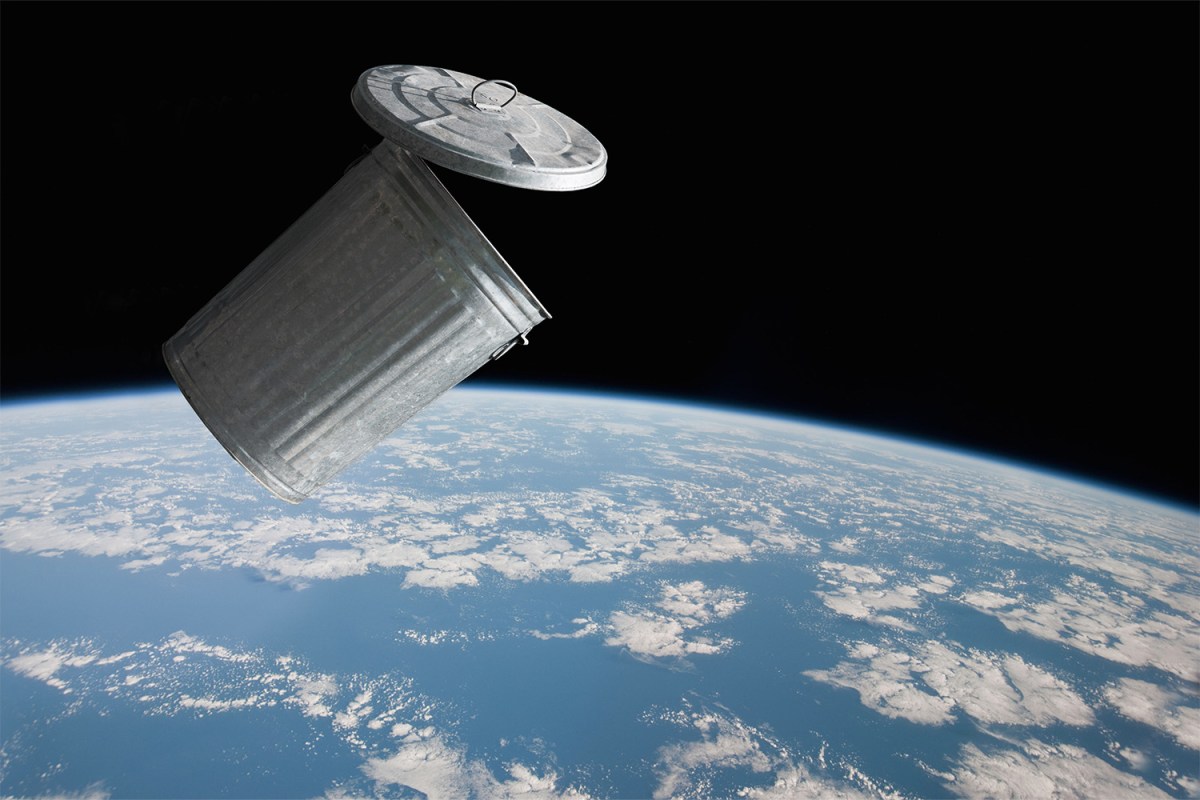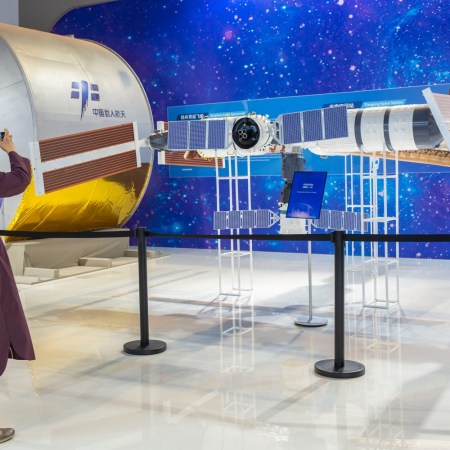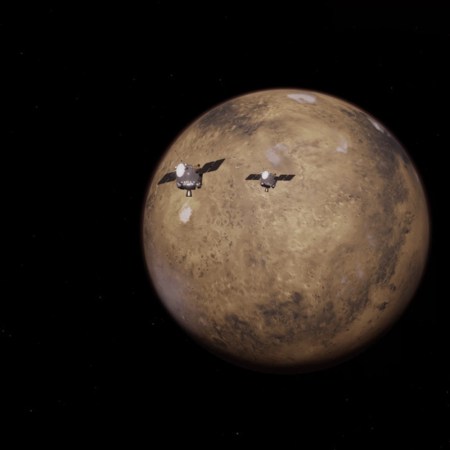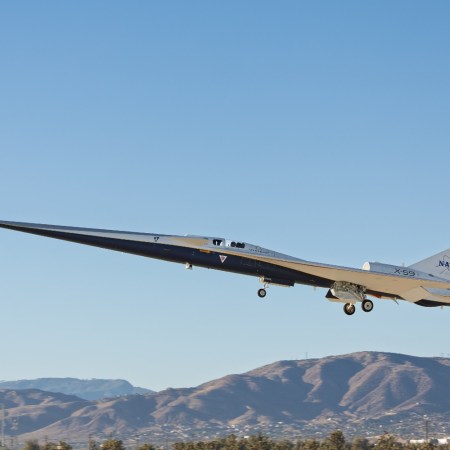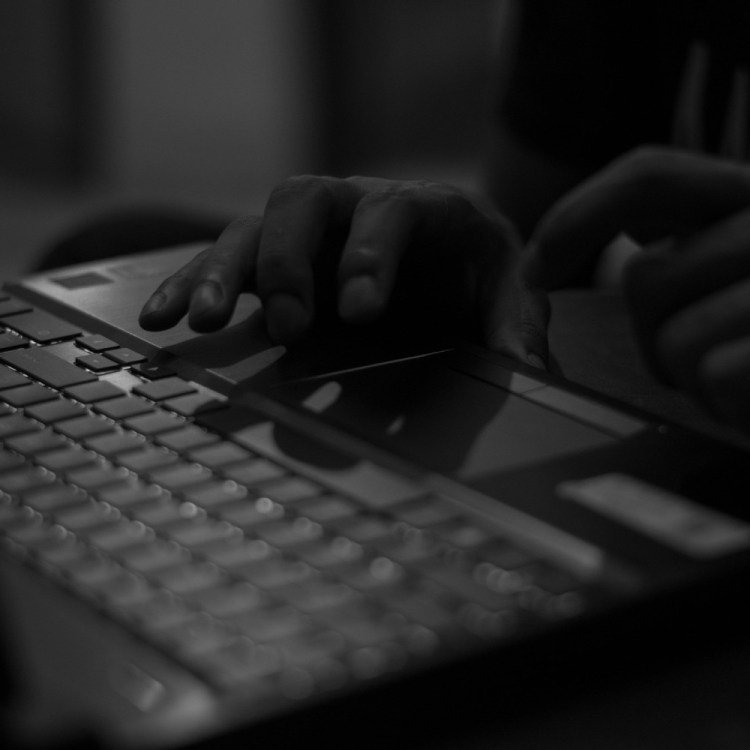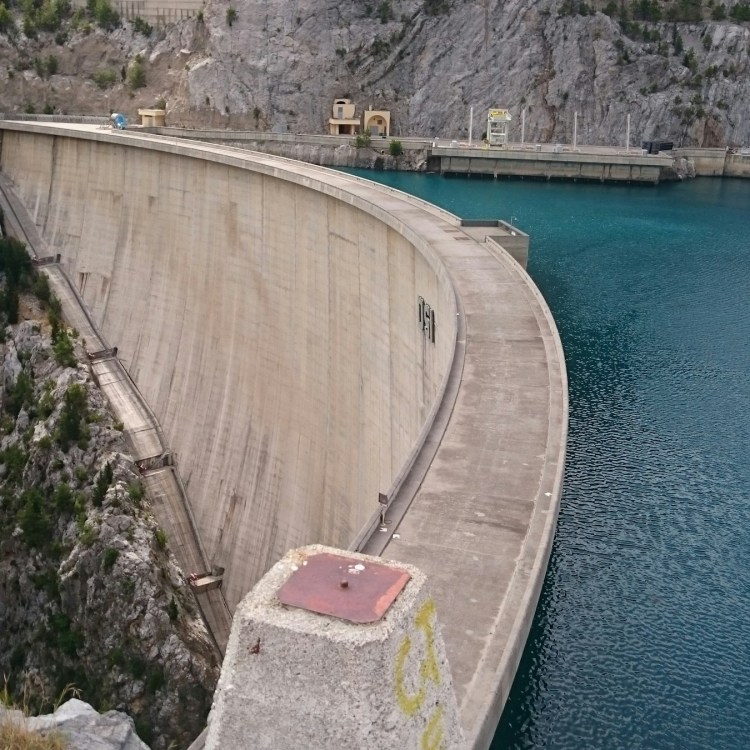When you think about space, you probably don’t picture it as a junkyard.
However, according to a new report from the Financial Times, that’s exactly what it looks like, and it could become a real problem.
There are over “9,000 metric tonnes of debris,” which can be anything from defunct satellites, to hardware from missions, to spent rockets, floating around the earth right now at speeds of up to 25,000 kilometers per hour. This is particularly bad given the location of the debris, which is in low Earth orbit, the area between 150km to 2000km altitude, which is traditionally where space missions have taken place. 70% of the debris is within this zone.
Russia, in a show of military force, conducted a missile test at a decommissioned satellite in 2021 that sent astronauts on board the International Space Station to their escape pods in case of a deadly collision with shards from the explosion. Now, the potential for a collision has doubled due to Russia’s test.
The amount of debris in low Earth orbit is a potential issue for the space economy; debris in low Earth orbit could potentially hinder manned space flights in the future by creating “traffic” in orbit, a phenomenon called Kessler syndrome. Holger Krag, who is in charge of space safety at the European Space Agency, said that we are “past the point of the Kessler syndrome,” because of the amount of debris in orbit currently. Harmful collisions can be caused by objects as small as a chip of paint, and more collisions cause a chain reaction of other collisions, causing even more debris. The Financial Times found that the “US Space Surveillance Network has identified more than 23,000 pieces of debris bigger than 10cm. Modeling by ESA suggests the figure could be as high as 36,500.”
Now, nations are looking to clean up their trash. As one astronaut said, “People think space is so big, if I leave my trash here no one cares. But there is only so much debris the planet can afford.” One Japanese start up is “developing a vehicle capable of removing dead satellites.” Another is testing a harpoon to retrieve debris.
Whether space travel will be completely out of the question because we’re surrounded by trash can’t be said yet, but as senior scientist Laurence Blacketer of the space situational awareness company NORSS told The Financial Times, the state of space debris is not “a looming disaster,” but that now “is the most important time to act.”
Thanks for reading InsideHook. Sign up for our daily newsletter and be in the know.
